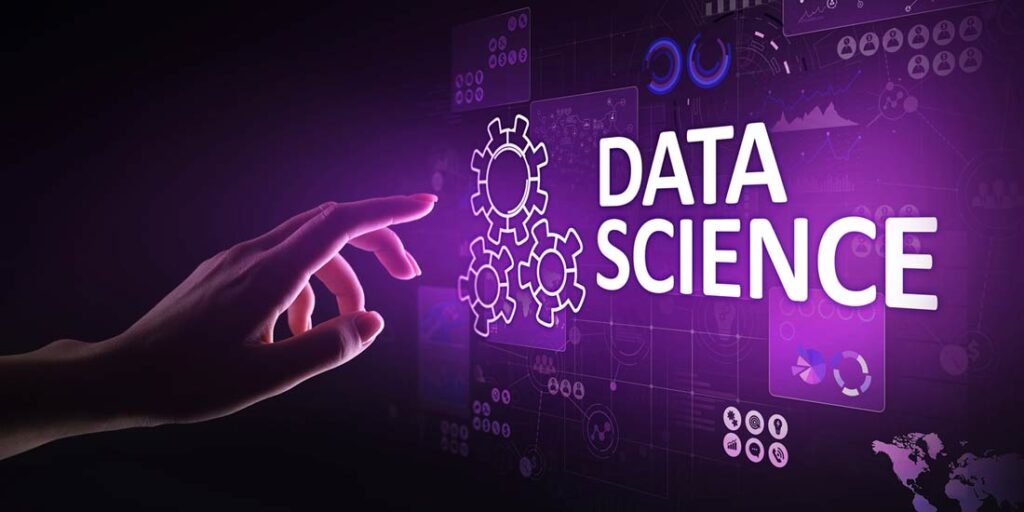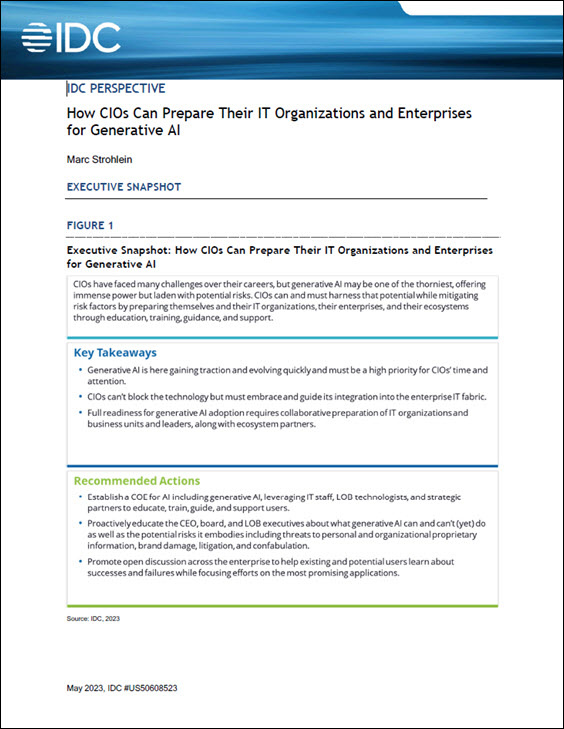Drug discovery is a time-consuming and costly but necessary process that supports health care innovation. Industry professionals continually look for safe ways to accelerate it, and you might wonder how data science helps
Creating Tailored Drugs
Many drug innovations occur because researchers use problem-solving approaches to tackle known shortcomings. Data analytics tools support them by screening massive quantities of information much faster than people could achieve without technology.
Sometimes, data analytics enables the discovery of drugs to treat particular needs that are not well-addressed by other options. Such was the case when a King’s College London team developed a new method for triple-negative breast cancer, which is chemotherapy-resistant, has a low survival rate and is typically aggressive.
A significant part of the researchers’ work involved using data analysis to study more than 6,000 breast cancer samples. The findings allowed learning more about the cells associated with aggressive cancers chemotherapy does not treat well.
Next, the group made an antibody-drug conjugate specifically for triple-negative breast cancer. It targets the specific cancer cells, and the scientists believe it may work effectively with a below-average inhibitor dose, resulting in less toxicity for patients. They also anticipate that others could use similar approaches to improve treatment options for other challenging diseases.
Upholding Pharmacovigilance
Pharmacovigilance encompasses efforts to maximize drugs’ therapeutic effects while reducing potential harm. It occurs throughout the world’s pharmaceutical plants and high-tech research laboratories. Company leaders need real-time production data to make confident decisions and maintain compliance. Additionally, such information maintains commercial drug safety by preventing errors that could cause recalls.
Professionals also practice pharmacovigilance in their research, often using data science to minimize undesirable side effects. Sometimes, drug discovery goes beyond new products and enables researchers to learn additional insights about commercially available medications. The findings could result in regulators mandating new patient warning labels or pharmaceutical marketers positioning products differently
Additionally, these details could shape future clinical trials. Consider a case where data scientists built an artificial intelligence (AI) model to study 30,000 preclinical small-molecule drugs to determine how easily they could cross the placenta and cause potential problems that affect children’s lives after birth. The research also uncovered 500 aspects of congenital disabilities, genetics and drugs that could spur scientific discoveries about the molecular mechanisms linking congenital problems with some medications.
Since data analysis tools excel at finding patterns in large batches of information, they could become instrumental in finding possible safety issues for decision-makers to investigate. Spotting such matters earlier makes problems more controllable and allows the relevant parties to learn more while reducing consumer risks.
Consider how readily most people use social media to voice complaints or concerns. A data analytics tool set up to detect specific phrases associated with adverse drug reactions could become an early warning tool, flagging a more-extensive matter for pharmaceutical leaders to investigate. Similarly, it could help people develop new drugs by showing the top issues people have when taking existing ones.
Finding New Medicinal Uses
Drug discovery doesn’t always require making products from scratch. Some fortunate events occur when scientists realize that medications that treat specific symptoms have broader therapeutic benefits.
Data science advancements mean these new uses for old drugs may happen through innovative technological applications rather than pure chance. One recently developed platform relies on two types of AI to show the mathematical relationships between drugs and diseases, sometimes confirming connections already proven through scientific literature. An example is a drug made to treat heart rhythm abnormalities that also helps patients with seizures.
A lead scientist involved in this AI tool mentioned that developing a new medicine can take more than 10 years. However, this algorithm-driven approach could reduce that time frame by years, offering life-changing opportunities for the patients who need them. Some cannot wait so long for potential treatments, so they’ll gladly see if a well-established medicine brings new benefits.
Drug repurposing also accelerates processes by allowing researchers to bypass or eliminate steps. Additionally, regulatory approvals often occur sooner, since the products already have a demonstrated history of safe use for other reasons.
Breaking New Ground With Data Science
Thoughtfully applied data science principles and tools empower modern researchers to find new, viable treatment methods for various diseases and ailments. Humans will always be essential to drug discoveries, but the fascinating examples here and elsewhere show the power of using purposeful data analytics to meet shared goals.
About the Author

April Miller is a senior IT and cybersecurity writer for ReHack Magazine who specializes in AI, big data, and machine learning while writing on topics across the technology realm. You can find her work on ReHack.com and by following ReHack’s Twitter page.
Sign up for the free insideAI News newsletter.
Join us on Twitter: https://twitter.com/InsideBigData1
Join us on LinkedIn: https://www.linkedin.com/company/insidebigdata/
Join us on Facebook: https://www.facebook.com/insideAI NewsNOW




